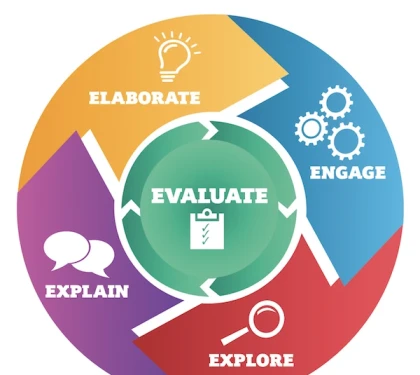The integration of technology in education is reshaping the learning landscape, providing educators and students with powerful tools to enhance teaching methodologies, facilitate personalized learning experiences, and drive academic success. Recent news highlights the advancements in educational software solutions that are revolutionizing the way students engage with content, educators deliver instruction, and institutions manage administrative tasks. Let's explore the latest updates and trends in educational software that are propelling the education sector forward:
1. Adaptive Learning Platforms:
Adaptive learning platforms are making headlines in recent news reports, showcasing how these intelligent educational software solutions personalize learning pathways based on individual student needs and learning styles. By leveraging artificial intelligence algorithms, adaptive learning software analyzes student performance data, identifies areas for improvement, and dynamically adjusts content to optimize learning outcomes. Educators are embracing adaptive learning platforms to provide tailored instruction, address learning gaps, and enhance student engagement in virtual and hybrid learning environments.
2. Interactive Educational Games:
Gamification in education is gaining momentum in news updates, with a focus on interactive educational games that foster student engagement, critical thinking, and collaborative learning. Educational software developers are creating immersive gaming experiences that combine educational content with interactive challenges, simulations, and feedback mechanisms. These educational games are designed to make learning fun, motivate students to explore complex concepts, and reinforce learning outcomes through gamified experiences that promote active participation and knowledge retention.
3. Virtual Classroom Platforms:
The shift towards remote and hybrid learning models has emphasized the need for virtual classroom platforms that replicate the traditional classroom experience in a digital environment. Recent news highlights the adoption of virtual classroom software solutions that enable real-time interactions, video conferencing, and content sharing among educators and students. These virtual classroom platforms facilitate live teaching sessions, group discussions, and collaborative projects, offering a seamless learning experience that transcends physical boundaries and enables inclusive participation in online education.
4. Learning Management Systems (LMS):
Learning Management Systems (LMS) are instrumental in news updates for their role in centralizing educational resources, managing course content, and tracking student progress. Educational institutions are leveraging LMS software to create online courses, deliver multimedia content, and assess student performance through quizzes and assignments. With features such as gradebooks, communication tools, and analytics dashboards, LMS platforms empower educators to monitor student engagement, provide feedback, and customize learning paths to meet individual learning goals.
5. Student Assessment and Analytics Tools:
Educational software solutions that focus on student assessment and analytics are gaining prominence in recent news, highlighting the importance of data-driven insights in measuring student progress and improving educational outcomes. Assessment tools integrated with analytics capabilities enable educators to conduct formative assessments, track student performance trends, and generate actionable reports on learning outcomes. By leveraging student assessment and analytics tools, educators can identify areas for improvement, tailor instructional strategies, and provide targeted support to help students succeed academically.
Conclusion:
In conclusion, educational software solutions are transforming the educational landscape by providing innovative tools and technologies that enhance teaching effectiveness, student engagement, and learning outcomes. From adaptive learning platforms and interactive educational games to virtual classroom software and student assessment tools, recent news underscores the significant impact of educational software in revolutionizing the way educators teach and students learn. By embracing technology-driven solutions, educational institutions can create dynamic learning environments, empower educators with data-driven insights, and equip students with the skills and knowledge needed to succeed in a rapidly evolving digital world.

Ref : https://imagineinquirysys.com/
